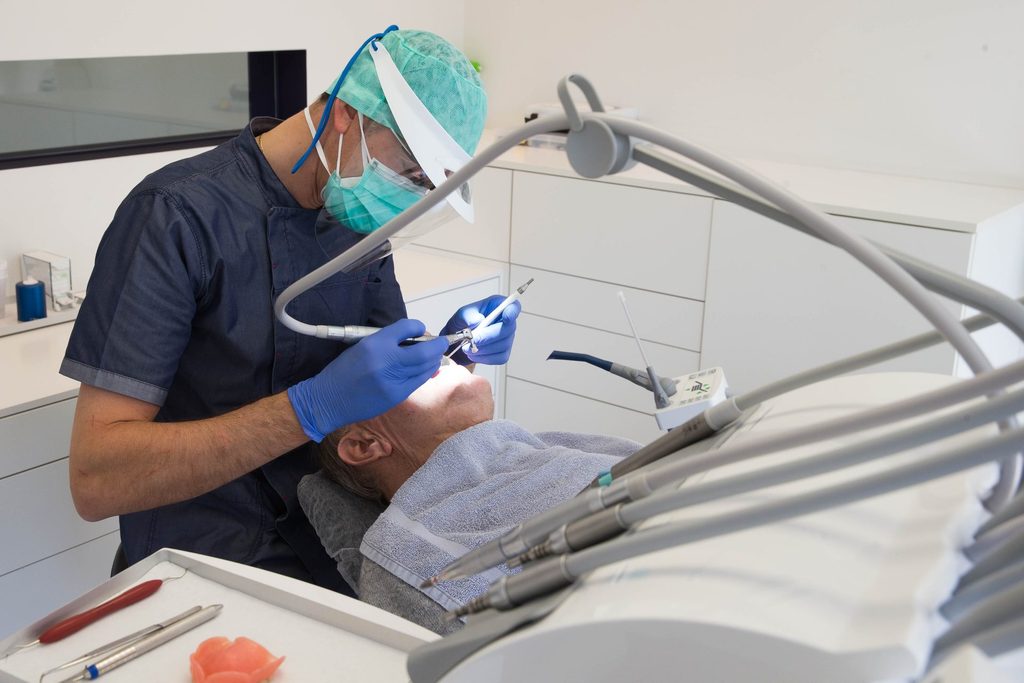The Flemish Dentists' Association has sounded the alarm bell over a rising number of people with little knowledge of dentistry being employed as dentists in the country.
Earlier this week, the OECD reported that the number of foreign doctors in Belgium had doubled in the last 25 years. A similar trend has been recorded among dentists: Recent figures shared by Federal Health Minister Frank Vandenbroucke show a steady increase in the number of dentists of foreign nationality working in Belgium.
In 2022, 107 out of 313 applicants obtained their dentist degrees abroad. The Flemish Dentists' Association (VBT) noted in a press release that mainly Romanian diplomas are granted access to a registration number given by the federal public body of social security (RIZIV). It added that there is a strong presence of Tunisian dentists among these foreign specialists.
Back door degree
RIZIV has found that, in the past five years, foreign dentists have been found to have several breaches indicating fraud, including dental practices performing well above the maximum number of interventions a dentist is allowed to carry out per term.
According to the VBT, public schools in Romania are the behind the phenomenon, where diplomas in dentistry are for sale, meaning people with little practical knowledge of dentistry are able to enter the profession in Belgium.
A European diploma is automatically recognised under a European Directive which states that people with a professional qualification as a general dentist from one EU member state can settle in another EU member state, while non-European diplomas are not. Instead, these are examined for equivalence by the National Academic Recognition Information Centre (NARIC).
"While professional training should be equivalent in every member state, a lot of questions can be raised about this North African inflow through the Romania backdoor," Frank Herrebout, president of the VBT, noted earlier this year.
Approved despite lack of knowledge
This means the Romanian diplomas are automatically homologated, and the Recognition Commission cannot refuse their application, even if there is proof of a lack of knowledge and the person in question doesn't speak a word of English.
Aside from poor language knowledge, another major problem among many dentists with a foreign diploma is the inadequate knowledge of social legislation and correct application of the RIZIV nomenclature.
Herrebout told De Standaard: "The only thing the commission can impose on them is an additional practical internship at a Belgian institution. But even in that case, they have insufficient knowledge to guarantee quality for the patient."
Flemish Health Minister Hilde Crevits responded that this sends a "worrying signal" and plans a consultation with the Recognition Commission. VBT itself has repeatedly called for work to be done on compulsory training on social legislation and knowledge of nomenclature rules on the one hand, and more enforcement to tackle abuses more quickly on the other. It added that a language knowledge test of the working language in the region is also needed.
"This offers guarantees to the patient that the communication between dentist and patient can be clear and understandable," the group concluded.

